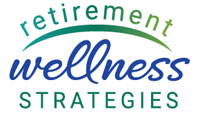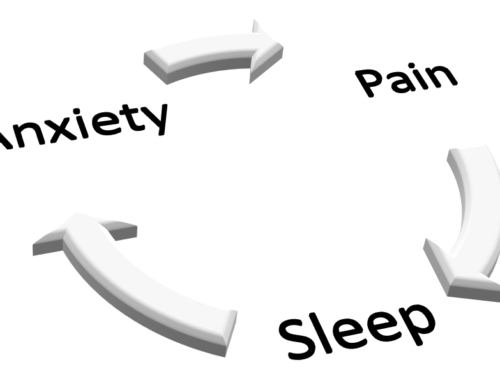Some people think medicines that are available over-the-counter are always safe. I don’t want you to be one of those people. Ibuprofen and naproxen are a class of medicines called nonsteroidal anti-inflammatory drugs (NSAIDs). They can treat pain, inflammation (swelling and redness), and fever. Hundreds of million of Americans take them every year. You probably have some in your home right now.
The NSAIDs that you can buy without a prescription are ibuprofen (brand names Motrin, Advil) and naproxen sodium (brand name Aleve). They are part of a class of over 20 medications that are available by prescription.
5 IMPORTANT THINGS about NSAIDs
There are five important things I want to make sure you know about these medicines:
- They do work to treat mild to moderate pain, fever, and inflammation. They all work the same way. No measurable difference between them in how they work has been found. So one is not better than another.
- They irritate your stomach lining. If you already have reflux, gastroesophageal reflux disease (GERD), ulcers, or have ever had a stomach bleed, please tell your doctor. Whether or not you already have stomach problems, always TAKE NSAIDs WITH FOOD.
- They cause you to retain extra fluid. This can raise your blood pressure. It can also make heart failure worse and increase your risk for a heart attack if you have heart problems. Talk with your doctor if you have high blood pressure or heart problems BEFORE you take an NSAID.
- They can worsen kidney function. If you already have diminished kidney function, talk with your doctor before you take an NSAID.
- They make your platelets less sticky. This lowers your chance of have a clot. But, NSAIDs do this for a limited time. ASPIRIN can make your platelets less sticky for the entire life of the platelet. That is why aspirin, usually 81mg baby aspirin, is used to help prevent a clot that leads to a heart attack or stroke.
I always buy the generic version. It will save you some money and give you the very same effect.
If you have pain or fever, there is an option that does not have the stomach, heart, or kidney issues. That option is acetaminophen (brand name Tylenol). For pain that does not include inflammation (redness, swelling), acetaminophen controls the pain similarly to the NSAID.
The problem you do have to watch with acetaminophen is it can hurt your liver. The most you should take in a day is 4 grams (2 extra strength tablets four times daily). The Food and Drug Administration might even recommend that you not take more than 3 grams per day soon. Also, if you drink alcohol more than 2 drinks per day or have any liver condition, then acetaminophen might not be your best choice. Please talk to your doctor before you take it if you have liver issues or drink more than 2 drinks per day.
For more information about safe pain medicine options, contact us at www.medsmash.com.
For further application, check out my personal blog.




